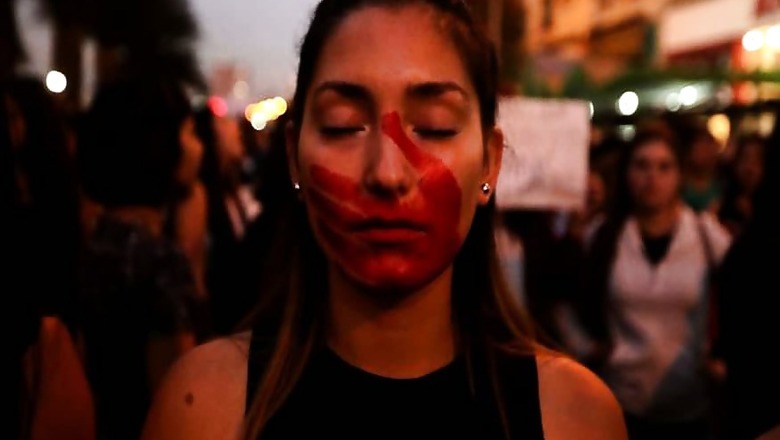
views
New Delhi: The Supreme Court on Monday questioned the practice of female genital mutilation of minor girls in the Dawoodi Bohra Muslim community, saying that a woman does not have to live her life only for a marriage and a husband.
A three-judge bench headed by Chief Justice Dipak Misra said subjugation of women to their husbands won’t pass the test of constitutionality and said such a practice was also violative of their right to privacy.
The Centre has also supported the petition and said that it was opposed to any practice in the name of religion that “violates the integrity of [a woman’s] body part”.
The Dawoodi Bohra community, a Shia sub sect which practices FGM, usually names the ‘custom’ Khatna or Khafz, which involves the total or partial removal of the clitoral hood. In the name of the practice, young girls aged six and seven are cut up regularly by midwives and doctors.
This is done to suppress their sexual urges as they believe the clitoris to be an ‘immoral lump of skin’ or a ‘source of sin’ which needs to be cut off in order to ensure women they don’t stray out of their marriages.
The apex court bench, which also had Justices AM Khanwilkar and DY Chandrachud, observed that the practice cannot continue only because women need to get married. “A women may have several other obligations too,” the bench said.
Appearing for a Muslim group, senior advocate A M Singhvi had said during an earlier hearing that the matter be referred to a constitution bench as it pertained to the issue of essential practice of the religion which needed to be examined.
He had said that the practice of female genital mutilation was a religious and customary practice and the courts should not intervene in this area.
Attorney General KK Venugopal, appearing on behalf of the Centre, had said that the practice causes irreparable harm to girl children and needed to be banned. He had also told the bench that countries like the USA, the United Kingdom, Australia and around 27 African countries have banned this practice.
Earlier, the apex court had ordered Kerala and Telangana to be made parties to a PIL that has challenged the practice. It ordered that states like Kerala and Telangana, where Bohra Muslim community resides, should also be made parties to the litigation and issued notice to them as well. State of Maharashtra, Gujarat, Rajasthan and Union Territory Delhi are already party to the case.


















Comments
0 comment